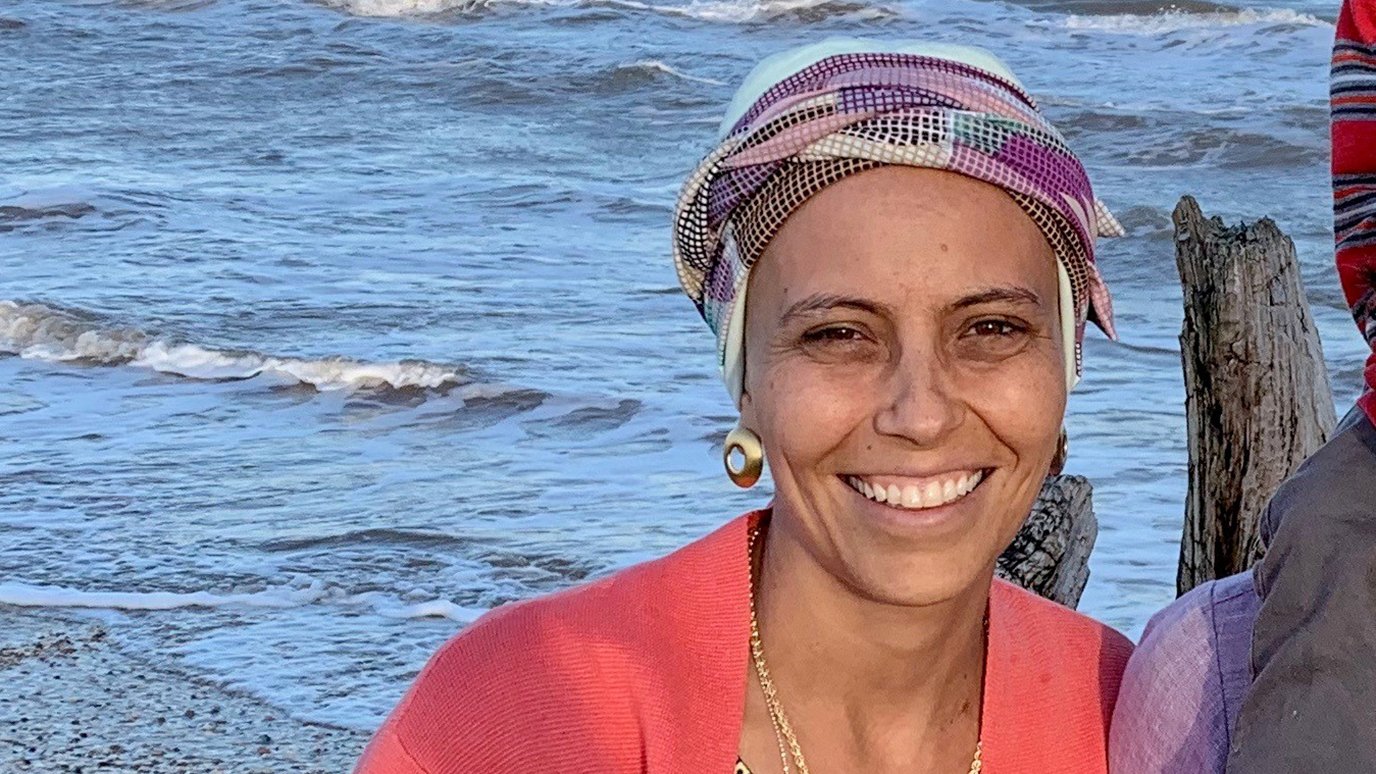- Diseases
- Acoustic Neuroma (14)
- Adrenal Gland Tumor (24)
- Anal Cancer (68)
- Anemia (2)
- Appendix Cancer (16)
- Bile Duct Cancer (26)
- Bladder Cancer (72)
- Brain Metastases (28)
- Brain Tumor (232)
- Breast Cancer (714)
- Breast Implant-Associated Anaplastic Large Cell Lymphoma (2)
- Cancer of Unknown Primary (4)
- Carcinoid Tumor (8)
- Cervical Cancer (158)
- Colon Cancer (166)
- Colorectal Cancer (118)
- Endocrine Tumor (4)
- Esophageal Cancer (44)
- Eye Cancer (36)
- Fallopian Tube Cancer (8)
- Germ Cell Tumor (4)
- Gestational Trophoblastic Disease (2)
- Head and Neck Cancer (12)
- Kidney Cancer (128)
- Leukemia (342)
- Liver Cancer (50)
- Lung Cancer (286)
- Lymphoma (278)
- Mesothelioma (14)
- Metastasis (30)
- Multiple Myeloma (100)
- Myelodysplastic Syndrome (60)
- Myeloproliferative Neoplasm (6)
- Neuroendocrine Tumors (16)
- Oral Cancer (100)
- Ovarian Cancer (172)
- Pancreatic Cancer (160)
- Parathyroid Disease (2)
- Penile Cancer (14)
- Pituitary Tumor (6)
- Prostate Cancer (146)
- Rectal Cancer (58)
- Renal Medullary Carcinoma (6)
- Salivary Gland Cancer (14)
- Sarcoma (238)
- Skin Cancer (296)
- Skull Base Tumors (56)
- Spinal Tumor (12)
- Stomach Cancer (64)
- Testicular Cancer (28)
- Throat Cancer (92)
- Thymoma (6)
- Thyroid Cancer (98)
- Tonsil Cancer (30)
- Uterine Cancer (80)
- Vaginal Cancer (16)
- Vulvar Cancer (20)
- Cancer Topic
- Adolescent and Young Adult Cancer Issues (20)
- Advance Care Planning (10)
- Biostatistics (2)
- Blood Donation (18)
- Bone Health (8)
- COVID-19 (362)
- Cancer Recurrence (120)
- Childhood Cancer Issues (120)
- Clinical Trials (632)
- Complementary Integrative Medicine (22)
- Cytogenetics (2)
- DNA Methylation (4)
- Diagnosis (232)
- Epigenetics (6)
- Fertility (62)
- Follow-up Guidelines (2)
- Health Disparities (14)
- Hereditary Cancer Syndromes (126)
- Immunology (18)
- Li-Fraumeni Syndrome (8)
- Mental Health (116)
- Molecular Diagnostics (8)
- Pain Management (62)
- Palliative Care (8)
- Pathology (10)
- Physical Therapy (18)
- Pregnancy (18)
- Prevention (918)
- Research (392)
- Second Opinion (74)
- Sexuality (16)
- Side Effects (604)
- Sleep Disorders (10)
- Stem Cell Transplantation Cellular Therapy (216)
- Support (402)
- Survivorship (322)
- Symptoms (182)
- Treatment (1786)
Meeting with a research nurse during a clinical trial: What to know
3 minute read | Published February 20, 2024
Medically Reviewed | Last reviewed by an MD Anderson Cancer Center medical professional on February 20, 2024
Enrolling in a clinical trial is one way to access cancer treatment that may not yet be broadly available while helping future cancer patients. But participating in a clinical trial – a research study that evaluates a new drug or treatment for safety and effectiveness – may also be overwhelming if you don’t know what to expect.
Fortunately, research nurses are there to assist you through every step of the clinical trial process, helping you prepare and connecting you with resources.
“Clinical trials are an essential part of the process we use to develop breakthroughs in cancer treatment, helping patients live longer, healthier lives. The research that comes out of them can transform cancer care,” says Giulio Draetta, M.D., Ph.D., senior vice president and Chief Scientific Officer. “But the process can be daunting to patients, who have already been through so much. That’s where research nurses come in.”
What can a patient expect when meeting with a research nurse?
Before your first clinical trial appointment, the research nurse will review your medical records to confirm that you meet the clinical trial requirements. To help ensure the best outcomes, clinical trials often have a large number of requirements, such as having a specific cancer type or belonging to a certain demographic.
Once the research nurse has confirmed you meet all of the requirements, you’ll meet with the research nurse either virtually or in person for clinical trial education.
“With advances in technology, we’re seeing more and more patients virtually now. Fewer in-person appointments can help de-escalate stress. It’s all about making things easier for the patient,” says Doyle Bosque, Nursing Research Programs director.
During this appointment, the nurse will explain the trial process to you in great detail, including when and how often you will receive treatment and what that treatment will include. They’ll also explain what possible side effects you may experience and how to manage those side effects. The nurse may also explain what resources are available within MD Anderson.
“This is an opportunity for patients and their families to ask as many questions as possible,” Doyle says.
How often will a patient see a research nurse?
You will continue to see a research nurse for the duration of the clinical trial – which could be months, or even years. The nurse will explain any changes in your care. They'll also continue to meet with you to check your vital signs, take blood samples, or ask you questions about your health and any side effects you may be experiencing as a part of the clinical trial.
“It’s a continuing relationship. The research nurse often becomes part of the family,” Bosque says. “It’s so exciting to see patients who are doing well today because of their success on a clinical trial. I still get calls from family members to this day who want to know how I’m doing – you never lose that bond. To me, being a research nurse is getting to that intimate level with a patient where you support them at their most vulnerable times and help them through that.”
Are research nurses able to treat patients?
Becoming a research nurse requires the same education and licensure as clinical nurses, including a bachelor’s degree in nursing and professional nursing license (RN). Research nurses receive specialized training to conduct research, but they’re still able to perform many of the clinical tasks as other nurses, including giving medications and injections, performing patient assessments, and more. The type of care a research nurse administers may differ from hospital to hospital and even clinic to clinic.
How do research nurses impact cancer research and patients at MD Anderson?
Research nurses are a critical part of the clinical trial process. From administering patient care to serving as patient advocates, they have the opportunity to make an impact on individual patients and the entire field of cancer care.
“Research nurses usher patients through treatment experiences they might not have access to otherwise and uphold clinical trial criteria and standards,” Draetta says. “Their work is a key component in helping us develop breakthroughs in cancer treatment.”
Request an appointment at MD Anderson online or call 1-877-632-6789.
Related Cancerwise Stories

The research nurse often becomes part of the family.
Doyle Bosque
Director, Nursing Research Programs





